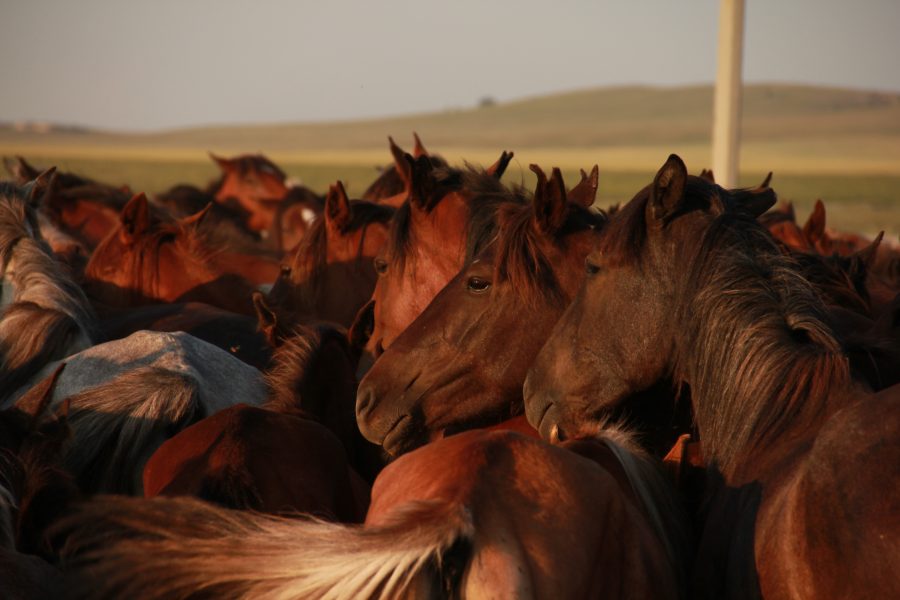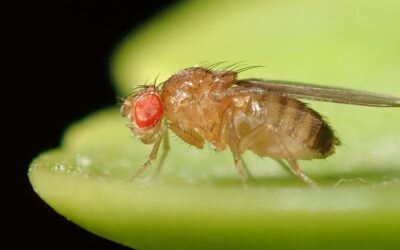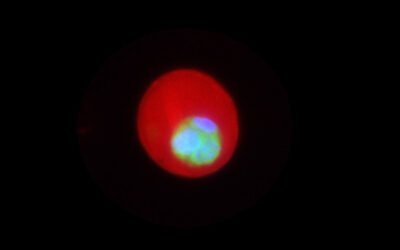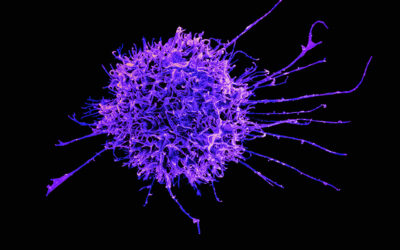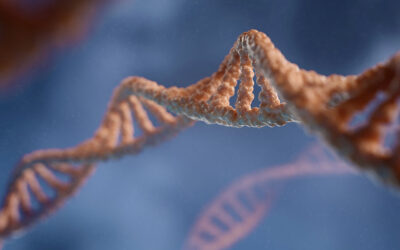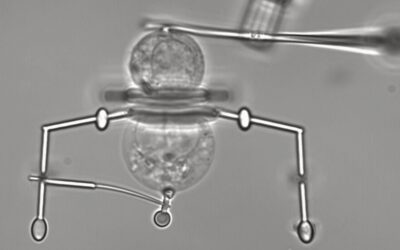By a process of elimination, ancient DNA sequences are clarifying the history of horse culture.1 Domestic horses were genetically very diverse for the last five millennia. However, in the last thousand years, this pool of diversity is shallower due to breeding for speed. We know this much from comparison of current and ancient domestic horse DNA. Gene variants typical of Arabian breeds have dominated since Mediaeval times. Moreover, in the last two hundred years stud practice has impoverished domestic breeds, concentrating a number of deleterious gene variants.
Two lineages of wild horses formerly existed in Siberia and Iberia, respectively, prior to horse domestication. To complicate the story, neither of those populations contributed to most of the genetic variation in the modern breeds. Rather, the now-extinct wild horse occasionally crossed with established captive herds. The evidence for this conclusion comes from the genomes of contemporary horse breeds worldwide, as well as 87 new ancient horse genomes. This resource greatly adds to the treasure of publicly available ancient domestic horse DNA.
It is believed that we have domesticated wild horses at least twice. The first archeological remnants of a horse corral and ropes in central Asia date back some 5500 years. The genes of these horses now roam wild in feral Przewalski’s horses.2 However, we still do not know where current horse populations first submitted to the halter, though it is most likely on the Pontic-Caspian steppes.
Archeologists and geneticists are gradually digging closer to the origins of the human-horse collaboration that endures to this day.
1 Fages, A. Hanghøj, K , Khan, N al.Tracking Five Millennia of Horse Management with Extensive Ancient Genome Time Series. Cell (2019), https://doi.org/10.1016/j.cell.2019.03.049
2 Gaunitz, C, Fages, A et al.Ancient genomes revisit the ancestry of domestic and Przewalski’s horses. Science (2018), https://science.sciencemag.org/content/360/6384/111

